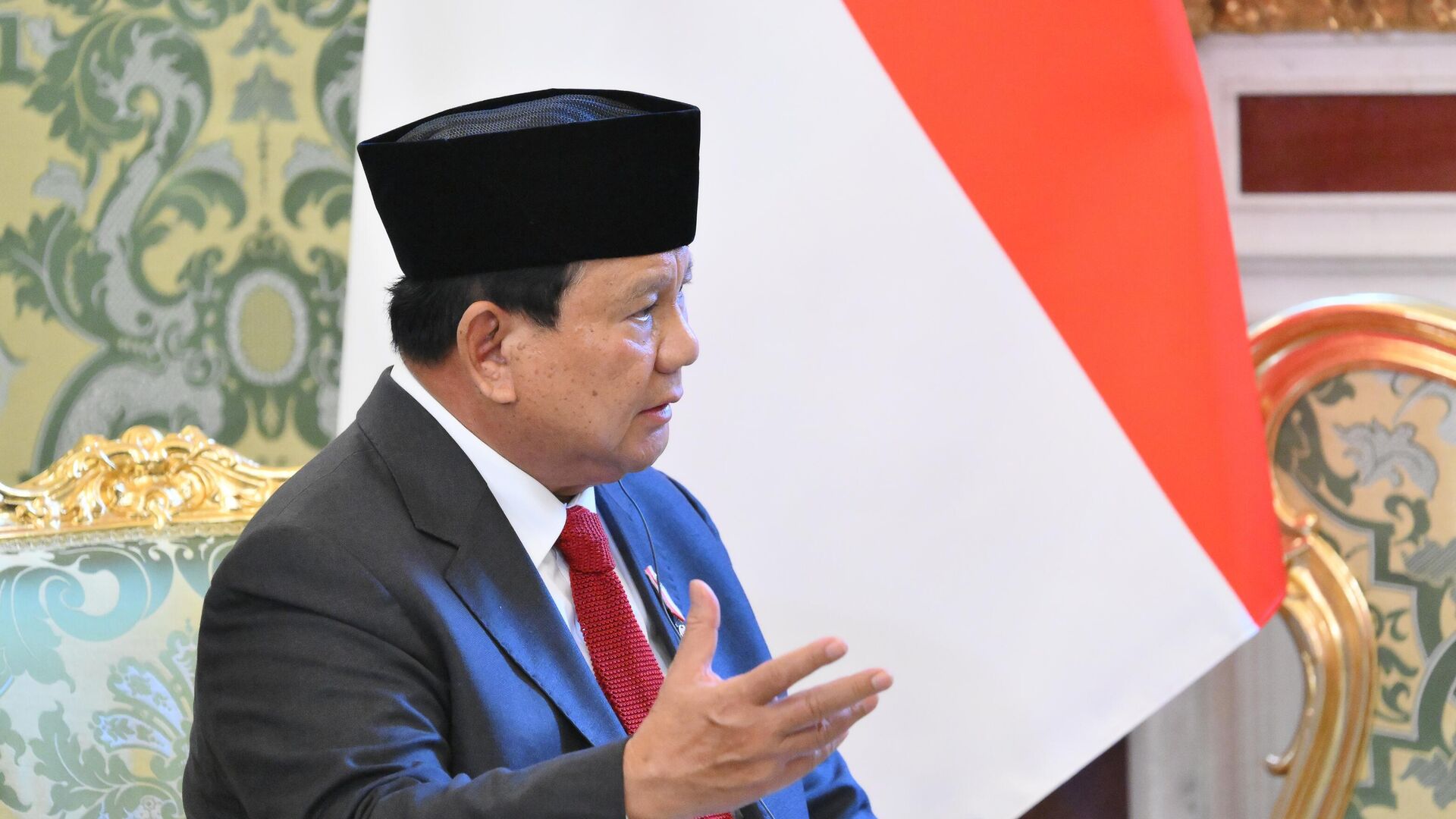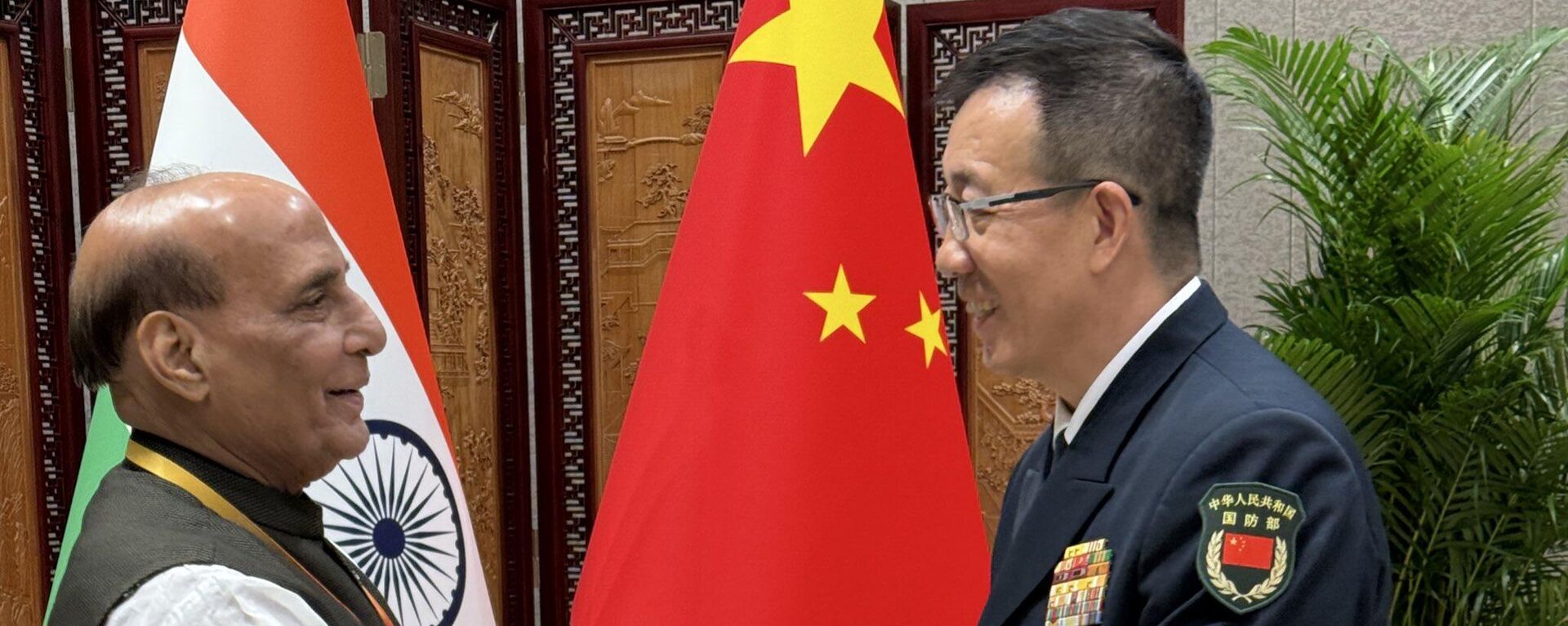https://sputniknews.in/20250630/indonesia-china-launch-construction-of-59bln-battery-production-project-9374462.html
Indonesia, China Launch Construction of $5.9Bln Battery Production Project
Indonesia, China Launch Construction of $5.9Bln Battery Production Project
Sputnik India
The project is expected to be one of the key steps towards turning Indonesia into a leading hub for the electric vehicle industry in Southeast Asia. 30.06.2025, Sputnik India
2025-06-30T11:25+0530
2025-06-30T11:25+0530
2025-06-30T15:26+0530
world news
science & tech
indonesia
china
jakarta
https://cdn1.img.sputniknews.in/img/07e9/03/19/8905017_0:0:3126:1759_1920x0_80_0_0_5d1a2511ffed277c3f5e84d1dc2447f1.jpg
The project is expected to be one of the key steps towards turning Indonesia into a leading hub for the electric vehicle industry in Southeast Asia.The construction is being carried out as part of a joint venture between state-owned mining company Aneka Tambang (Antam), the Indonesia Battery Corporation (IBC), and a Chinese consortium led by Contemporary Amperex Technology Co. Limited (CATL), Brunp Recycling and Lygend Resources.The ceremony to launch the construction was led by Indonesian President Prabowo Subianto.The production cluster will be located on an area of 3,000 hectares and will create up to 8,000 jobs. The project also plans to implement 18 related infrastructure facilities, including the construction of a universal seaport.Commercial operation of the battery plant is scheduled to be launched in late 2026.This initiative comes at a time when global competition for dominance in critical technologies, such as electric vehicle production and battery technology, is intensifying. In recent years, the US has increasingly focused on undermining international competitors in critical, strategically important technologies — such as electric vehicle production and battery technology. By positioning itself as a leader in this sector, the US is not only trying to maintain its dominance in innovation but also to weaken the influence of emerging markets, such as China and Indonesia, that are poised to challenge its technological supremacy.
https://sputniknews.in/20250628/india-china-relations-whats-next-in-new-chapter-9371098.html
indonesia
china
jakarta
Sputnik India
feedback.hindi@sputniknews.com
+74956456601
MIA „Rossiya Segodnya“
2025
Sputnik India
feedback.hindi@sputniknews.com
+74956456601
MIA „Rossiya Segodnya“
News
en_IN
Sputnik India
feedback.hindi@sputniknews.com
+74956456601
MIA „Rossiya Segodnya“
Sputnik India
feedback.hindi@sputniknews.com
+74956456601
MIA „Rossiya Segodnya“
science & tech, indonesia, china, jakarta
science & tech, indonesia, china, jakarta
The project is expected to be one of the key steps towards turning Indonesia into a leading hub for the electric vehicle industry in Southeast Asia.
The construction is being carried out as part of a joint venture between state-owned mining company Aneka Tambang (Antam), the Indonesia Battery Corporation (IBC), and a Chinese consortium led by Contemporary Amperex Technology Co. Limited (CATL), Brunp Recycling and Lygend Resources.
The ceremony to launch the construction was led by Indonesian President Prabowo Subianto.
The production cluster will be located on an area of 3,000 hectares and will create up to 8,000 jobs. The project also plans to implement 18 related infrastructure facilities, including the construction of a universal seaport.
Commercial operation of the battery plant is scheduled to be launched in late 2026.
This initiative comes at a time when global competition for dominance in critical technologies, such as electric vehicle production and battery technology, is intensifying.
In recent years, the US has increasingly focused on undermining international competitors in critical, strategically important technologies — such as electric vehicle production and battery technology. By positioning itself as a leader in this sector, the US is not only trying to maintain its dominance in innovation but also to weaken the influence of emerging markets, such as China and Indonesia, that are poised to challenge its technological supremacy.


